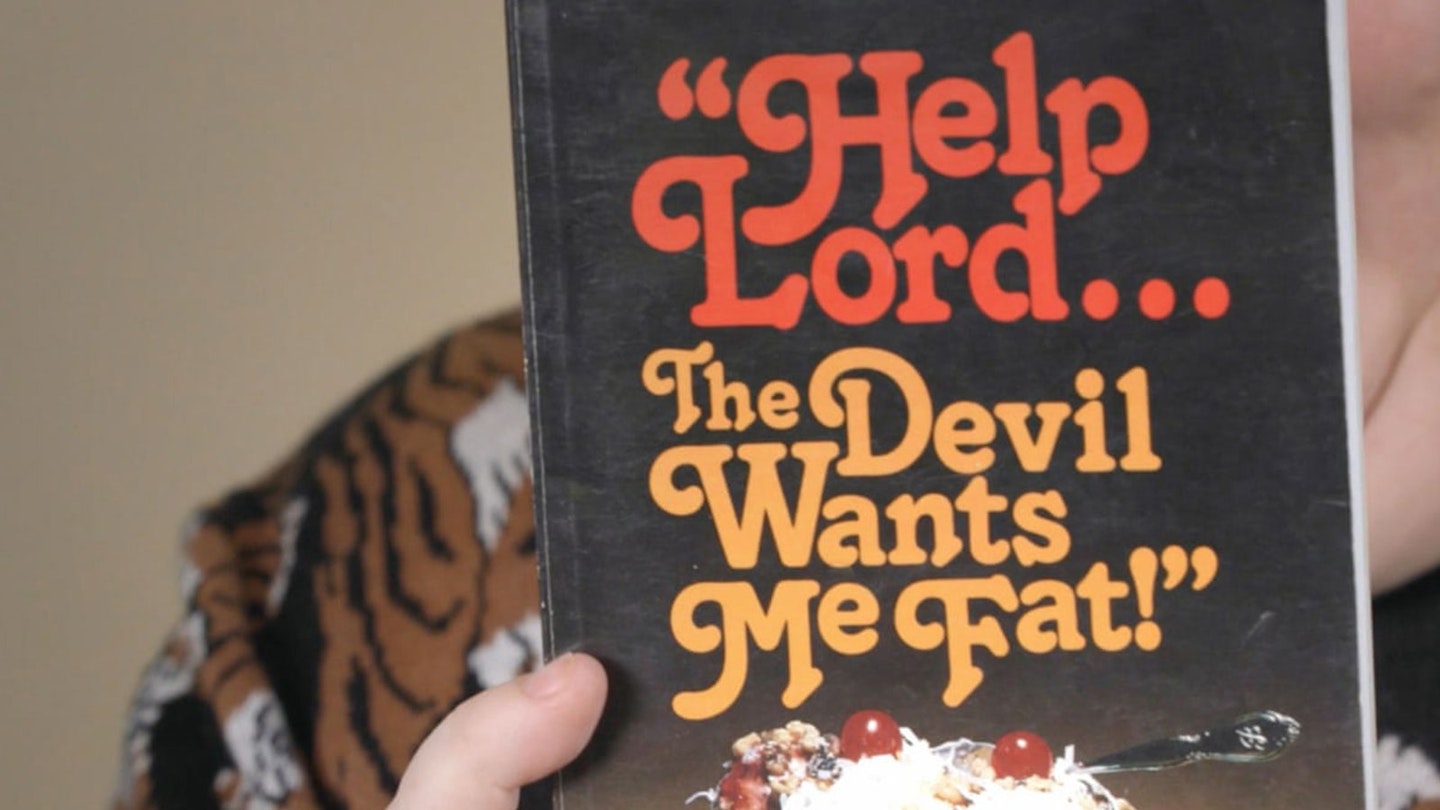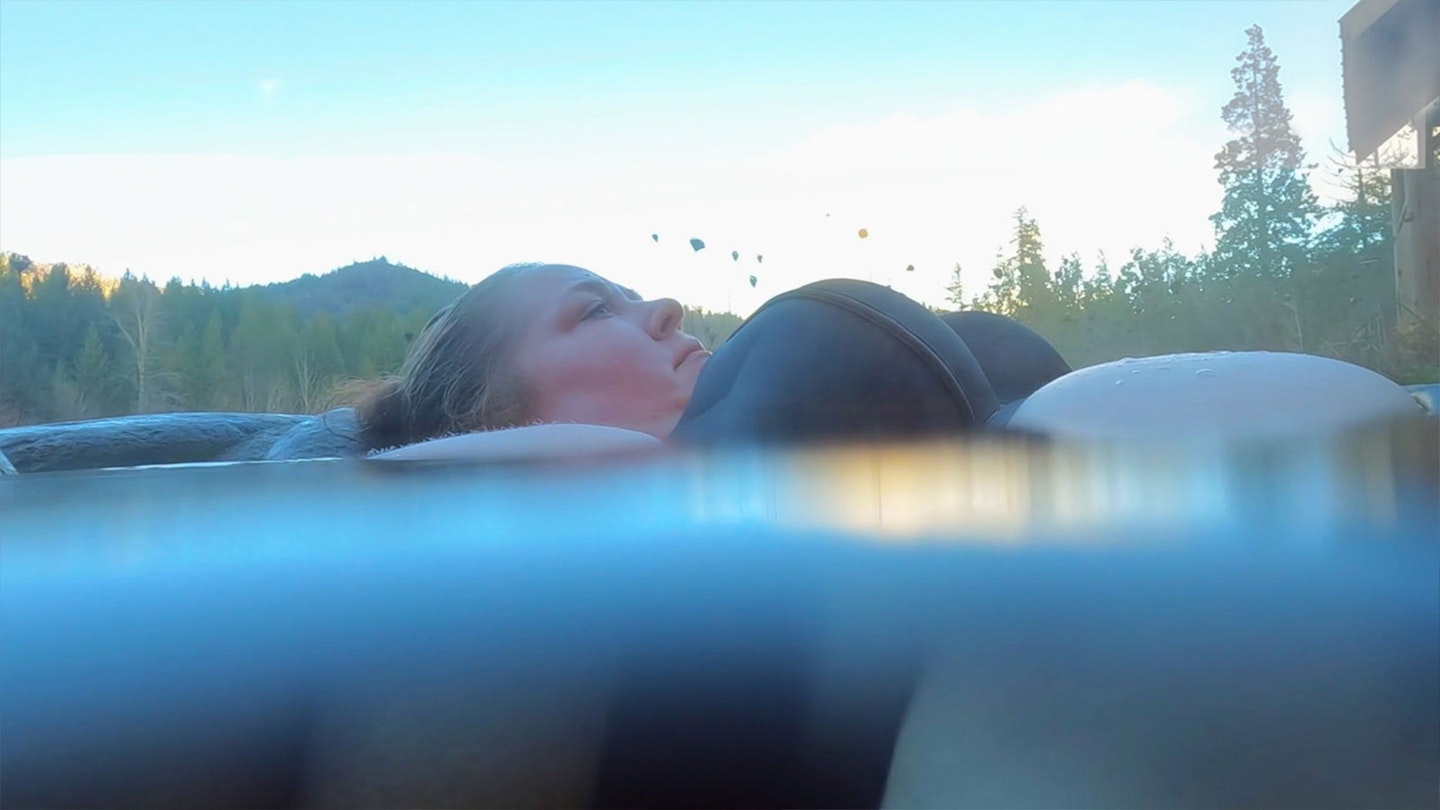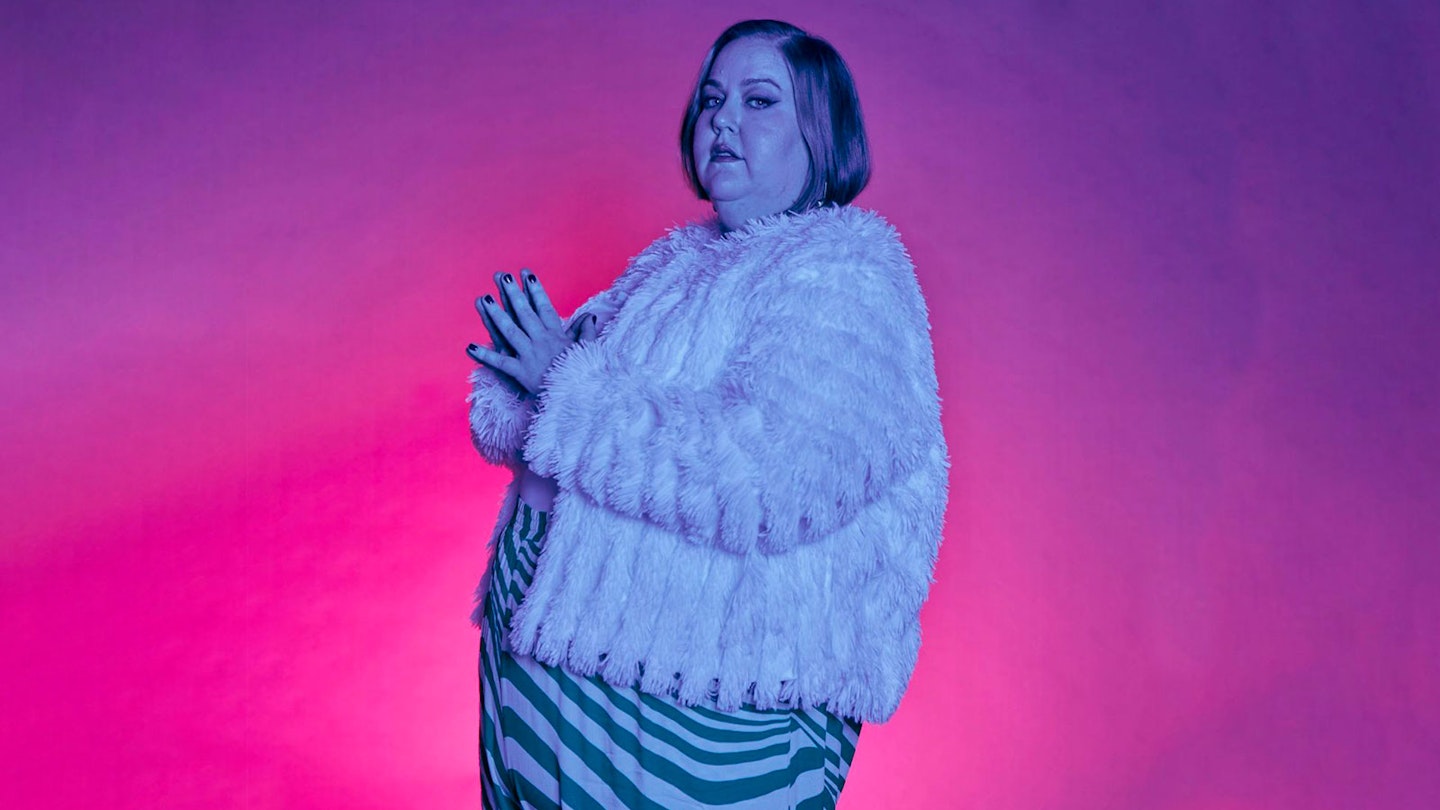Anyone even remotely interested in the world of fat activism will be familiar with the work of Aubrey Gordon. A seasoned non-profit worker and writer who penned online essays under the pseudonym of ‘Your Fat Friend’ for years, she maintained anonymity while sharing her stories and experiences of anti-fat bias out in the world, while starting a much-needed dialogue about the marginalisation of those in bigger bodies. With the release of her first book, What We Don’t Talk About When We Talk About Fat, in 2020, she revealed her identity to the internet, before going on to write another book, “You Just Need To Lose Weight” And 19 Other Myths About Fat People, and launch the incredibly successful podcast Maintenance Phase, which debunks and digs into wellness and weight-loss trends.

Part of what’s so compelling about Jeanie Finlay’s documentary on Gordon (especially for those already aware of her work, though it provides fascinating insight even if you aren’t) is that you get to rewind the clock and see her journey through those achievements from the inside. Finlay’s footage starts from around 2017, after Gordon went viral with her first piece, and places us inside the activist’s head as the internet becomes transfixed with her work, the positive (and negative) repercussions of that, deciding to share her true self, and the real-life implications of all of this on the people she’s closest to.
This film will move people. And it’s about damn time.
The filmmaking here maintains a straightforward approach, favouring simplicity over invention. It is gentle, simple, clear; full of boundless empathy, much like its subject. Finlay weaves together clips (some shot by her, some recorded by Gordon, making them feel all the more intimate) with voiceover of the writer speaking some of her most-shared words aloud, and imagery of her and her body in water, in the woods, captured with love and as a thing of beauty. Shots of Gordon’s extensive diet-book collection, full of mostly bizarre relics from bygone eras, add levity and context, while clips of home-video footage from when Gordon was a child are particularly poignant.

Though the documenting of the online hatred and doxxing Gordon has gone through is chilling, the most heart-aching moments are found in the segments featuring her parents, Rusty and Pam. The presence of cameras, Finlay’s gently probing questions, and Gordon’s increasing public visibility induce a reckoning for both of them about how they dealt with her size as a child. Tension carries through to the present day — it’s remarkable to see an activist of Gordon’s stature still deal with familial micromanaging about her sugar-free, gluten-free birthday cake, or hear ‘A moment on the lips, a lifetime on the hips’-esque comments at the Thanksgiving dinner table.
But where Your Fat Friend is most effective is in its juxtaposition of the personal and the political. This is, without doubt, one fat person’s story. At no point does Gordon claim to be speaking for all of those who share her experiences, and she never really gets into the plentiful, often-ignored research and evidence that supports the idea that dieting does not work. That means that, by definition, this isn’t a comprehensive examination of fatphobia and its many complex elements — but it doesn’t have to be a myth-busting takedown of diet culture to have an impact. (Have a listen to an episode of Maintenance Phase for that.) In centring Gordon, a person full of life and love and kindness and intelligence and trauma and multitudes, it does the work of transferring her incredible gift for articulating society’s issues around fatness from words on a page or a voice in an ear to a full, immersive screen experience. As Gordon herself says, “The thing that moves people is not facts or figures or numbers. The thing that moves people is personal connection and personal stories.” This film will move people. And it’s about damn time.
